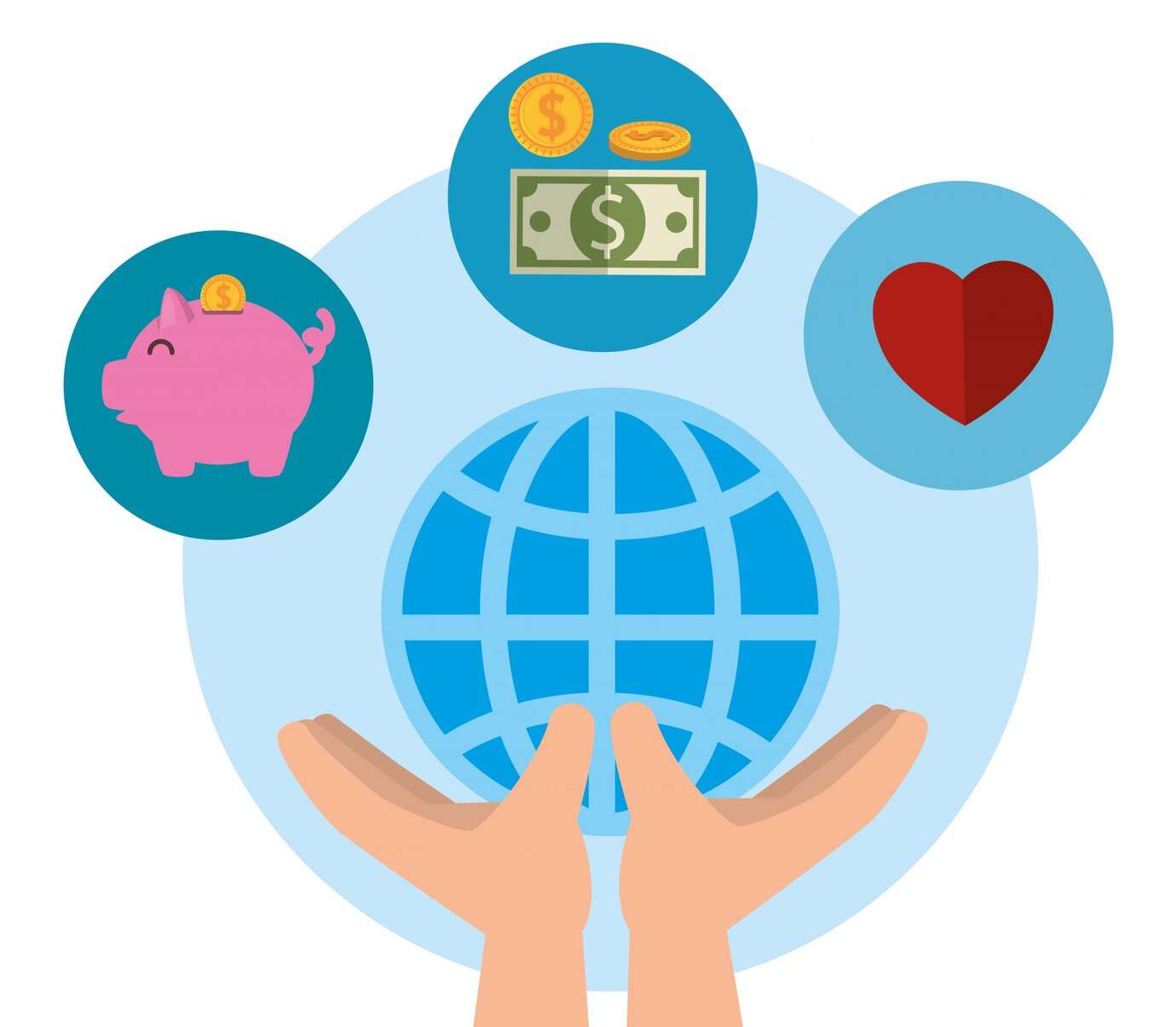In the fast-paced world of today, many individuals are seeking ways to make a positive impact on society. One way to contribute effortlessly is through charity programs integrated with credit cards. These initiatives allow cardholders to make donations as they spend, making philanthropy a seamless part of daily life.
By using a credit card with a charitable focus, you can support your favorite causes at no extra cost while managing your everyday expenses comfortably. Let’s explore how these programs work and how you can integrate them into your financial activities to benefit worthwhile causes.
How charity programs with credit cards work

Charity programs linked to credit cards function by allocating a portion of each transaction to a predetermined cause or organization. Some issuers partner with specific charities, automatically directing donations, while others allow cardholders to choose where their contributions go.
This ensures your donations are meaningful to you personally, aligning with your values and interests. Typically, these donations are funded by credit card companies offering a percentage of your spending or matching contributions made by cardholders.
In some cases, you might earn rewards points that you can convert into donations, allowing for flexibility in how you give. This approach not only benefits charities but also strengthens customer loyalty, as cardholders appreciate efforts to make a positive difference.
The benefits for cardholders and charities
For cardholders, integrating charitable giving into spending offers a hassle-free way to contribute to meaningful causes without stretching budgets. It provides peace of mind, knowing that each purchase goes beyond personal benefit and has a broader impact.
Moreover, credit card companies often facilitate tax reporting by providing annual donation summaries, simplifying the process for users during tax season. Charities, on the other hand, benefit from a steady stream of donations that help sustain their operations and initiatives.
This model effectively creates a community of engaged donors who remain connected with a cause over time. As more people use charity-focused credit cards, the support for these organizations grows, enabling them to make a more significant impact on the issues they address.
Choosing the right charity-focused credit card
Selecting a credit card aligned with charitable giving requires careful consideration. It’s crucial to assess which organizations or causes are supported and how funds are allocated. Some cards may provide higher donation percentages or offer a broader choice of charities, allowing for more personalized contributions.
Additionally, it’s important to evaluate the card’s terms, including fees, interest rates, and rewards programs. Finding a balance between generous donation features and favorable credit card conditions will maximize the benefits for both you and the causes you support.
Practical tips for maximizing your donations
To make the most of your charity-oriented credit card, integrate your spending with a budgeting plan that highlights charitable contributions. Monitor your transactions and opt for automated options to ensure regular donations. Engage with charities to stay informed about the impact of your contributions, which can inspire continued support and encourage others to participate.
Stay vigilant about potential changes in the card’s donation policies or supported causes, and adjust your charitable strategies accordingly. Leverage your social networks to raise awareness and promote these programs, expanding the reach and influence of charitable contributions.
Embracing the ease of automated donations
Incorporating charity programs into your credit card spending is an effortless way to make a difference. With minimal effort, cardholders can lead the charge in contributing to societal well-being through integrated donation systems. These mechanisms not only facilitate consistent charitable support but also deepen relationships with organizations doing essential work.
As more people adopt charity-focused credit cards, the collective impact on social and environmental issues can be substantial. By aligning financial habits with charitable goals, individuals can partake in transformative giving, exemplifying how modern financial tools can serve greater purposes.




